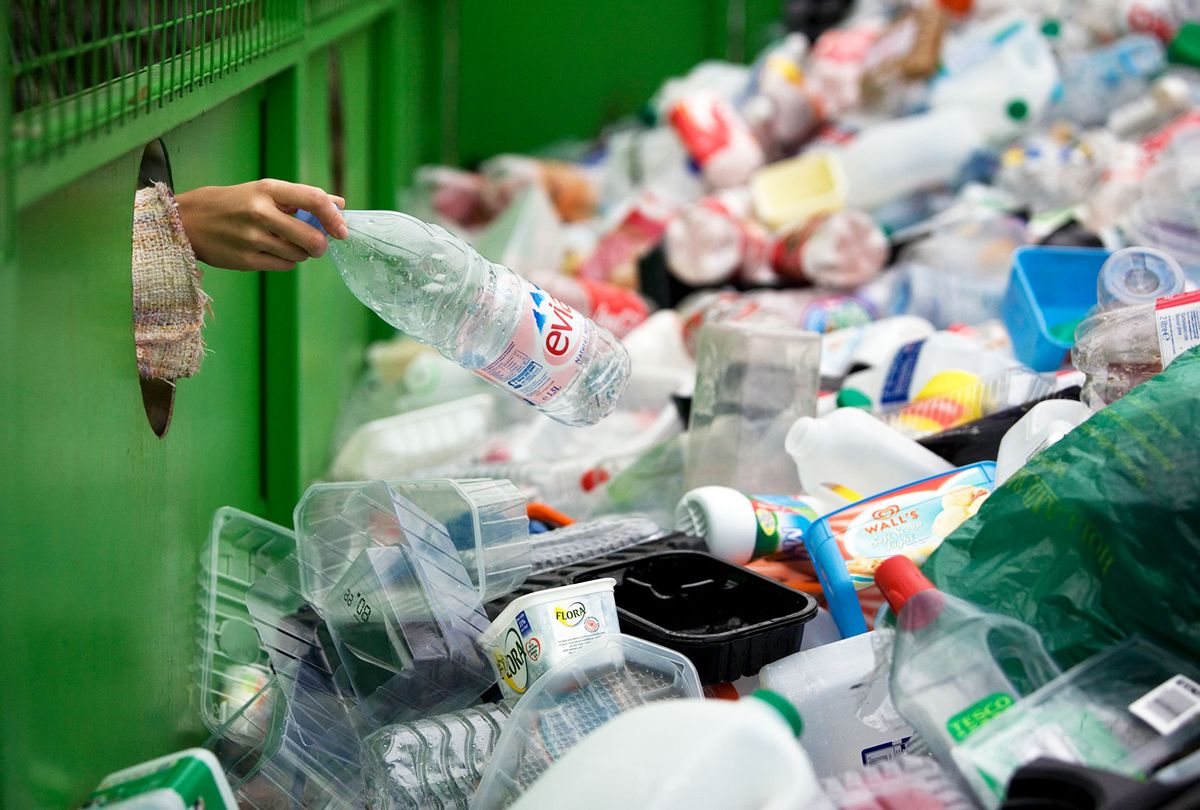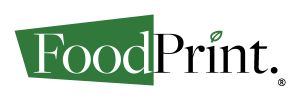When it comes to recycling, most folks know to sort their plastic and paper, thanks to the blue and green plastic sorting bins given out by their municipal departments. But beyond the basics of cardboard boxes and plastic water bottles, there can be quite a lot of confusion about what goes where and whether or not certain items are even recyclable at all.
For instance, despite its cardboard-like appearance, biodegradable paper food packaging can't go into the paper recycling stream. And things like plastic bags and plastic wrap shouldn't be tossed into the curbside plastic bin. When they are put into the recycling stream, they junk up machinery and contaminate waste streams. Unfortunately, this is pretty common: one in four items tossed into the recycling bin isn't actually recyclable.
And some items can stupify even the savviest recycler: things like paper coffee cups, bread bags, plastic wrap and freezer packs. While it might surprise you, these and many other items can be recycled, they just need to be brought to drop-off sites or are only recyclable in certain areas. Instead, they often get tossed into the garbage, eventually ending up in landfills where they break down into ever smaller pieces and where toxins leach into waterways and the soil. Microscopic pieces of plastic have been found in all corners of the Earth, from human feces and the bellies of marine animals to packaged grocery store ingredients like rice and beer.
On a household level, the best thing we can do to reduce plastic waste is to cut back on packaging (by shifting what we buy and how), then reuse the packaging we have as much as possible. (Get our tips for how to do this.) But when you do need to toss things out, taking the time to recycle these items properly helps clean up our waste streams and makes it easier for all recycling facilities to sort and process our trash. A labeling program called "How2Recycle," set up by Sustainable Packaging Coalition, breaks it all down into four helpful categories of items: those that are widely recycled, items that you need to check with your local municipality, items that are not currently recyclable and items you can drop-off at a special store collection site.
If an item doesn't have the "How2Recycle" label, how can we know which of the four categories an item falls into? There are rules that govern these things, says Charlotte Dreizen, sustainability manager at The American Institute of Architects and former project manager at Sustainable Packaging Coalition.
"The Federal Trade Commission's Green Guides govern environmental marketing claims, including recyclability claims and 60% is the threshold that they have for unqualified recycling claims," she says. "Something like a PET bottle [typical plastic water or soda bottle], that's accepted basically ubiquitously. [For other items,] you need to have a qualified recycling claim because it doesn't yet meet that 60% threshold. The company is supposed to say, 'recyclable in some communities, check locally.'"
To be better recyclers takes more work. It means reading these labels, sorting separately at home, finding local drop-offs and in some cases, mailing items in. But most of us are making mistakes by throwing recyclable items into the trash or placing items in the recycling bin that need to be sorted separately. One way to reduce your foodprint, and help our waste management system improve, is by taking a few extra steps in these areas. Here are some tips to get you started:
Paper coffee cups
An item that causes a lot of confusion is the paper coffee cup. That's because there isn't a clear answer. Paper coffee cups fall into that qualified recycling area; they can be recycled in some places, but not all. The best thing you can do is check with your local municipality.
"If you run a pulper, do you want paper cups? No," says Dr. Martin Mulvihill, chemist, green packaging expert and advisor on the FoodPrint of Food Packaging Report. Paper coffee cups are coated with a plastic liner that, if the system isn't set up for them, gum up the recycling process, slowing things down and possibly reducing the quality of the recycled paper. And sometimes, says Mulvihill, if too many paper coffee cups or other plastic-lined items end up in the recyclable paper goods stream, the sorter or processer may send a whole batch of materials — including what can be recycled — to the landfill.
That being said, the recycling systems for this type of item are improving. Some facilities can now process paper coffee cups because they process other paper materials with one side of polyethylene (PLA) coating, says Driezen. "Coffee cups, paper coffee cups. [They are] good quality fiber. Totally recyclable in lots of places, not recyclable in all," she says. "They're kind of in that "check locally" category that's what we consider between 20 and 60% acceptance in communities nationwide."
Plastic wrap and food bags
Most everyone knows you can recycle a plastic water bottle. But what about plastic bags or cling wrap? While we prefer to avoid using those things when possible (here are some tips for doing that), they aren't always avoidable, and there is a lot of plastic that ends up in our kitchens that is recyclable, you just may not know it. In fact, 91% of the plastic we produce is never recycled!
In general, things like bread bags, water bottle case plastic, produce bags, Ziploc and other food storage bags, product wrap and other plastics (specifically plastic bags and film labeled with #2 or #4) — things that often end up in the trash — can be taken to drop-off collection bins, found at many grocery, pharmacy and convenience stores. This plastic is recycled and used for items like composite lumber, often turned into outdoor lawn furniture and other landscaping items. " These plastics definitely make up a huge portion of the total plastic we produce, so if someone isn't recycling their plastic film at a store drop-off I don't think, you know, one could consider themselves to be managing their own plastic waste responsibly."
Check out our plastics code graphic for more information on what plastics are recyclable and which aren't, and get our tips for reducing this type of plastic in your kitchen in general.
Compostable plastic
For the most part, "compostable" plastic, aka plant-based plastic, is PET. Usually made of corn or sugarcane, these plastic lookalikes break down similarly to plastic and can be recycled in the same way. Unfortunately, adding confusion, there are some bio-based plastics that are PLA, often used in sealable bags, cutlery and the lining in paper cups. PLA bio-plastics look and feel like regular plastic or other bio-plastic, so they often end up in the recycling stream, slowing down the process and contaminating the end product.
"Because they're similar chemical structures, PLA can absolutely contaminate PET recycling streams and lower the quality of PET," says Mulvihill. Also, PLA sent to landfills produces more methane, a potent greenhouse gas, than items that are not made from plant-based materials. It's also important to note that "compostable" plastic items will not compost in a backyard composter — they need to be broken down under high temperatures — and must be brought to municipal or commercial composters.
To recycle these materials properly, check the label. PET items can go into plastic recycling, PLA cannot. And avoid purchasing items with PLA packaging, when possible. For take-out or to-go food served in PLA packaging labeled compostable, find a composting drop-off that accepts these items.




Shares